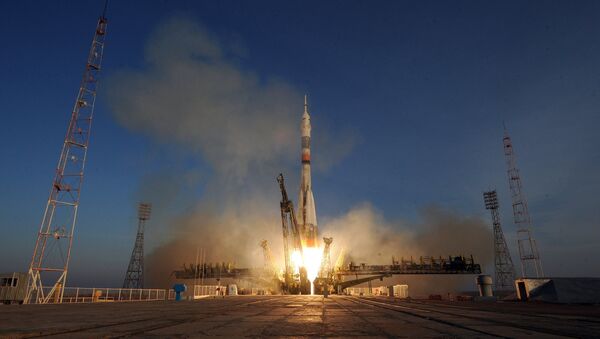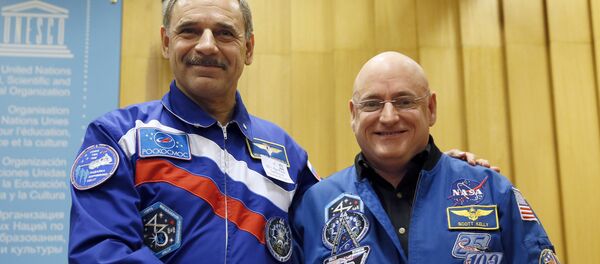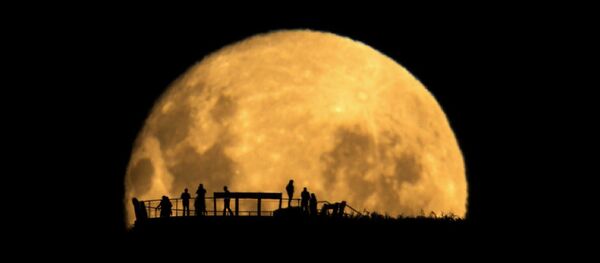"We were barely functioning. There was this feeling of uselessness in the air," Lev Zeleniy, director of the Institute of Space Research (IKI), told the US magazine Science.
Now, Russia is hoping to restore its scientific leadership in space exploration with planetary missions.
"But budget cuts are threatening to drag the nation’s space science revival back to Earth," the article read.
In January, the Russian government approved a 10-year plan, including contributions to the International Space Station (ISS), weather and navigation satellites as well as human space exploration. However, its budget was lower than expected. Due to cheap oil and the weakening ruble, the Russian Federal Space Agency (Roscosmos) slashed its budget from an initial 3.4 trillion rubles ($50 billion) to 1.4 trillion rubles ($20.5 billion).
As a result, some parts of the program are at risk, including the resurrection of the Russian lunar program. Russia has not been back to the moon for over 50 years. The USSR led the race with the US, with the Luna-1 mission – the first unmanned probe to orbit the moon in 1958, and Luna 2, the first spacecraft to land on the moon in 1959.
Bur finally, the US won the race, and then the American and Soviet lunar programs stalled, the article read. The last Soviet mission of that epoch was Luna-24 in 1976.
Russia revived its interest for lunar missions in 2009, after NASA’s Lunar Reconnaissance Orbiter, equipped with a Russian-made neutron detector, orbited the earth’s satellite. The Russian instrument detected subsurface water ice on the moon.
"Russia’s leadership had rekindled dreams of putting cosmonauts on the moon —and here was a potential source of water. IKI now has five lunar missions planned from 2018 to 2025, starting with Luna-25, a spacecraft that would land near the moon’s south pole," according to the article.
Nevertheless, the first manned lunar mission will take place only after 2025, Zeleniy said.
However, there are two other "cornerstones" of the Russian space revival – a mission to Mars and astrophysics, the article added.
In 2011, Russia’s Phobos-Grunt probe broke after launch and ended in the Pacific Ocean. But Russian scientists were not discouraged by this failure. Now, they are teaming up with the European Space Agency (ESA) on the ExoMars mission.
Another major project in the field is Gamma-400. Nikolai Kolachevsky, director of the Lebedev Physical Institute, described it as "one of most ambitious projects in the world in next 10 years." The project aims to probe the nature of dark matter and the origins of extragalactic cosmic rays. The launch is expected for 2022.
However, in addition to technical obstacles and budget woes the project is now facing hurdles due to anti-Russian sanctions. The project requires components which also have military uses, such as equipment for protecting the spacecraft from radiation.
Budget cuts may have created hurdles for some of Russia’s space projects. But for the first time since the Soviet era Russian scientists are optimistic about the future, Zeleniy said.
"Even though scientists want to have much more than the country can afford, the next decade will be quite busy for us," he concluded.







